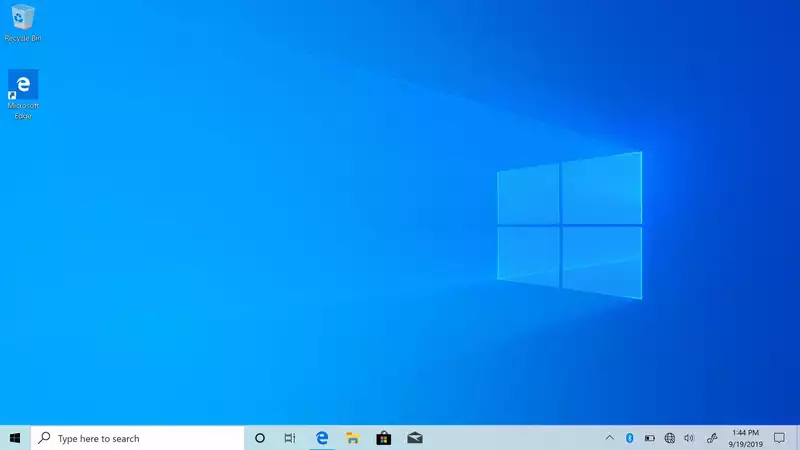Barring any last-minute delays, Microsoft will begin distributing the May 2020 update to Windows 10 within the next few weeks. This update is the first of two major upgrades to Windows 10 scheduled for this year, and with it will come small changes to the way Windows Search indexes files.
The extent to which this will affect you depends on your particular setup. In particular, PCs using hard drives that spin only at 5400RPM instead of 7200RPM as primary storage will benefit the most. These are still fairly common in older and less expensive laptops.
What will change is when Windows Search indexes files; the May 2020 update will adjust the algorithm Windows 10 uses to detect high disk usage. Importantly, it will be able to better identify times of peak usage and avoid thrashing HDDs (or SSDs) under certain circumstances.
This is something Microsoft outlined in November 2019 and has been testing in the Windows Insider program since then. In addition to better identifying peak usage times, the update will include "changes for developers to prevent certain repositories and project folders from being searched and to improve disk usage."
Does it really matter; according to Windows Latest, testing the preview build "actually feels faster if your hardware has a HDD."
If your main drive is an SSD, you are less likely to notice a difference, but the improved algorithm applies to both types of storage. Also, if you have ever noticed unusually high CPU usage due to Window's indexing scheme, using SSDs may also improve performance.
Somewhat related, the May 2020 update will change the Performance tab in Task Manager to show the drive type - SSD or HDD - as well as Disk 1 and Disk 2.


Comments